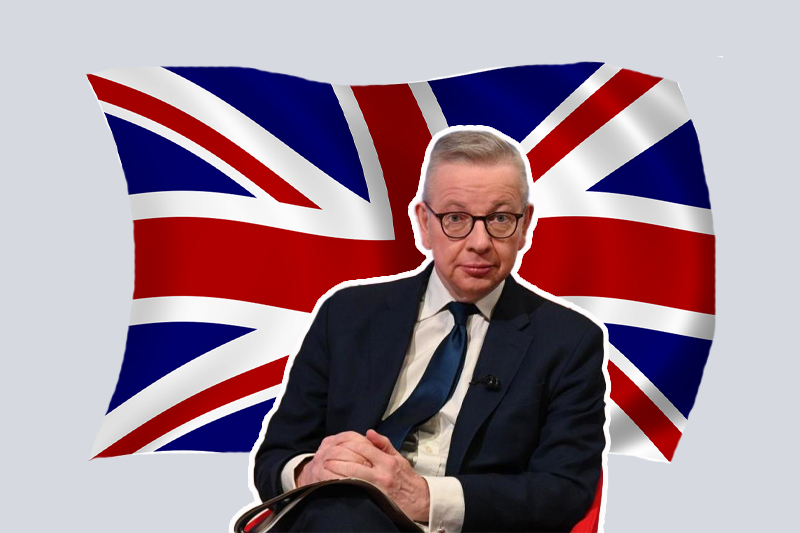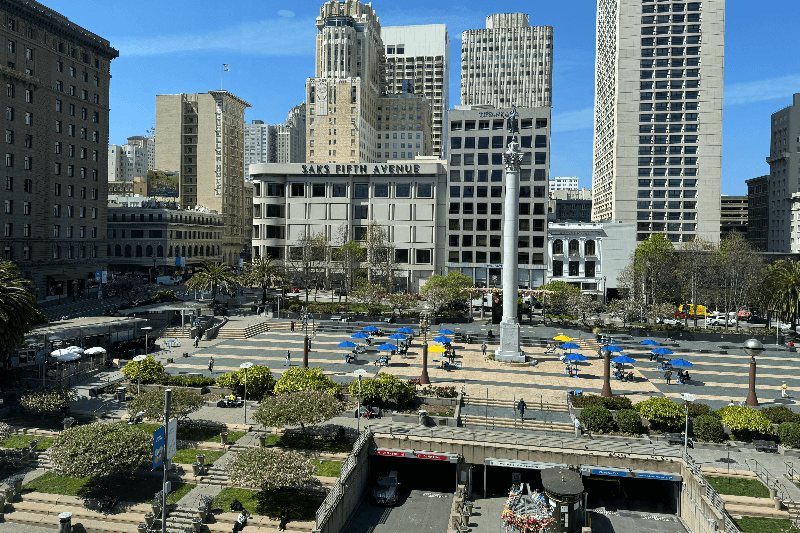
Is UK poorer as a country? Let’s hear what a British politician has to say
At the BBC’s Sunday with Laura Kuenssberg programme, Levelling Up Secretary Michael Gove admitted that the UK is poorer than it would have been, partly due to the pandemic – the biggest global health pandemic since the end of WWI – but also the war in Ukraine – “the first time we’ve had war on this scale on the continent in Europe since [WWII].”
But Gove also said ministers were taking action on the soaring inflation, including by lowering household energy bills and taxing oil and gas firms’ profits, adding the Budget had taken a number of steps to help people back to work and to help families with childcare. He denied that the government was to blame but said: “One can always do better, yes.”
Speaking at the same programme, Richard Hughes – head of the independent forecaster, the Office for Budget Responsibility (OBR) – said Brexit had been similar to the Covid pandemic in its impact.
Keep Reading
He also blamed a number of other issues for holding back the economy, including the UK losing roughly 500,000 people from the labour force, stagnant investment since 2016, and poor productivity since the financial crisis.
The OBR chairman raised warnings over living standards not returning to pre-pandemic levels for another five to six years. Gove, when asked for his input on the OBR’s assessments, said economic forecasting was “a very difficult exercise”.
Although OBR forecasts inflation will fall below 3% this year, down from 10.4% currently, Hughes said the outlook was volatile given the UK was a net importer of food and energy, the rates of which were set in international markets.
For the 11th time since December 2021, the Bank of England put up interest rates last week as it continued to fight inflation. The decision to raise rates from 4% to 4.25% came after the rate of inflation climbed to 10.4% last month in an unexpected move.




